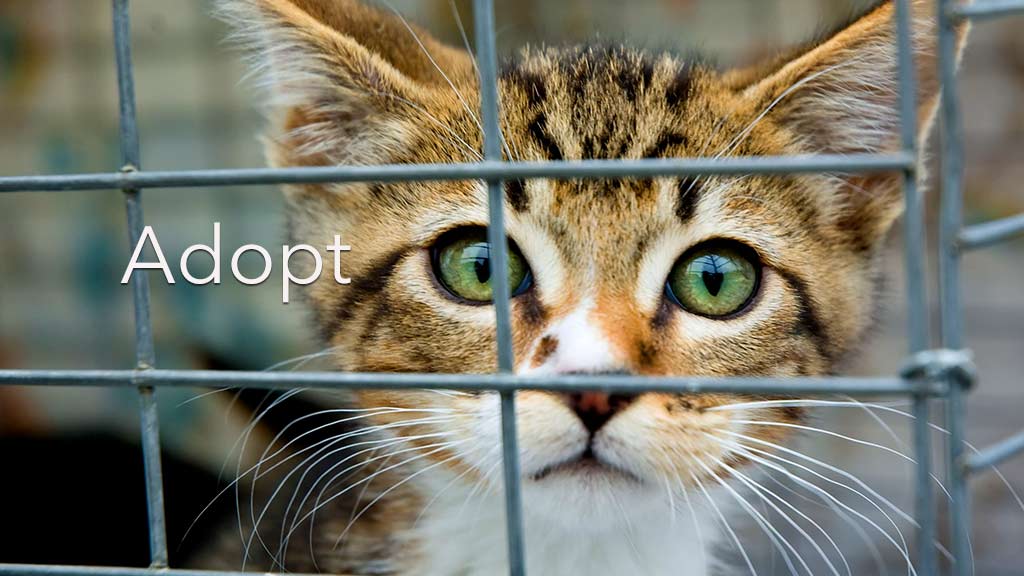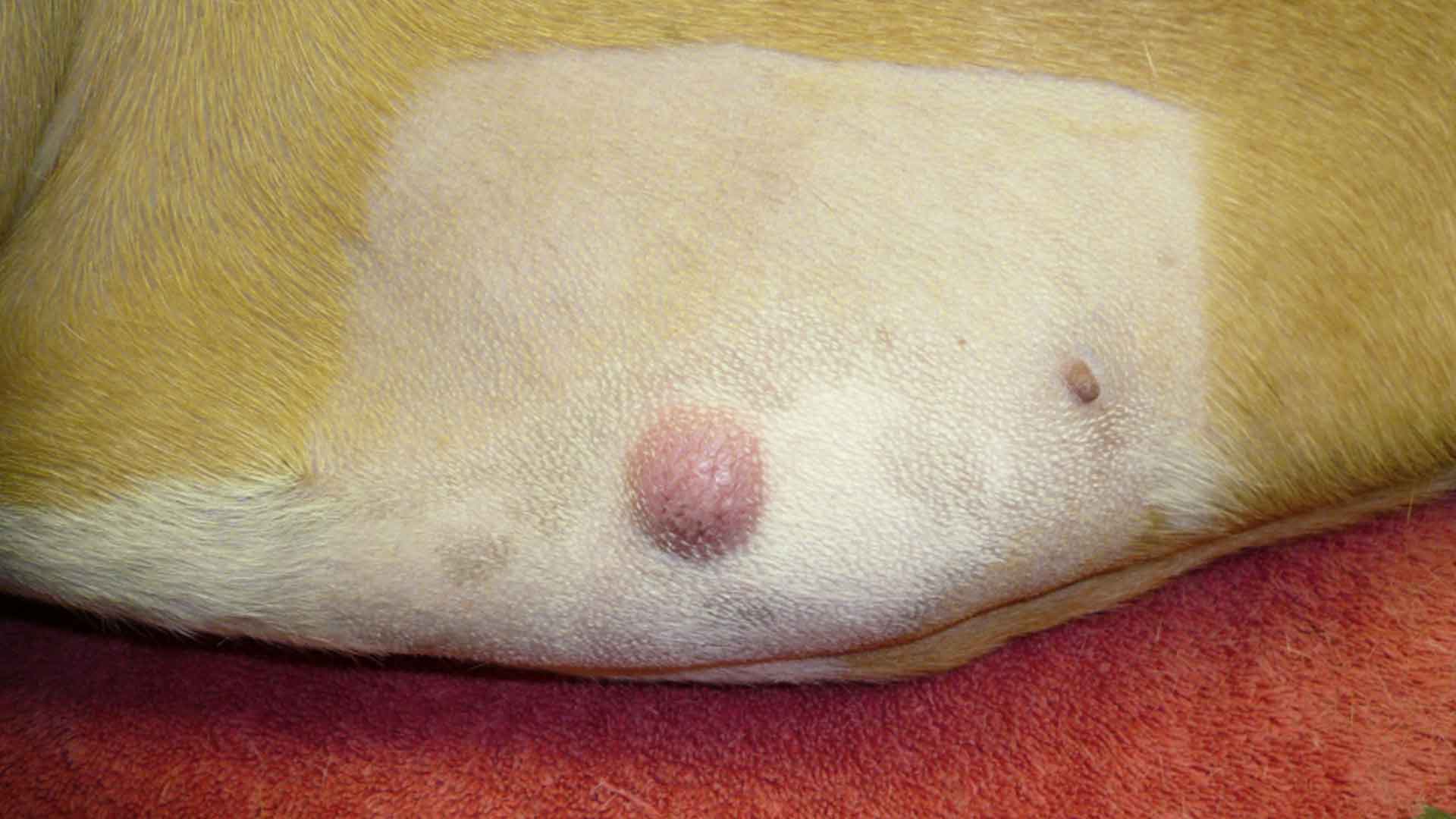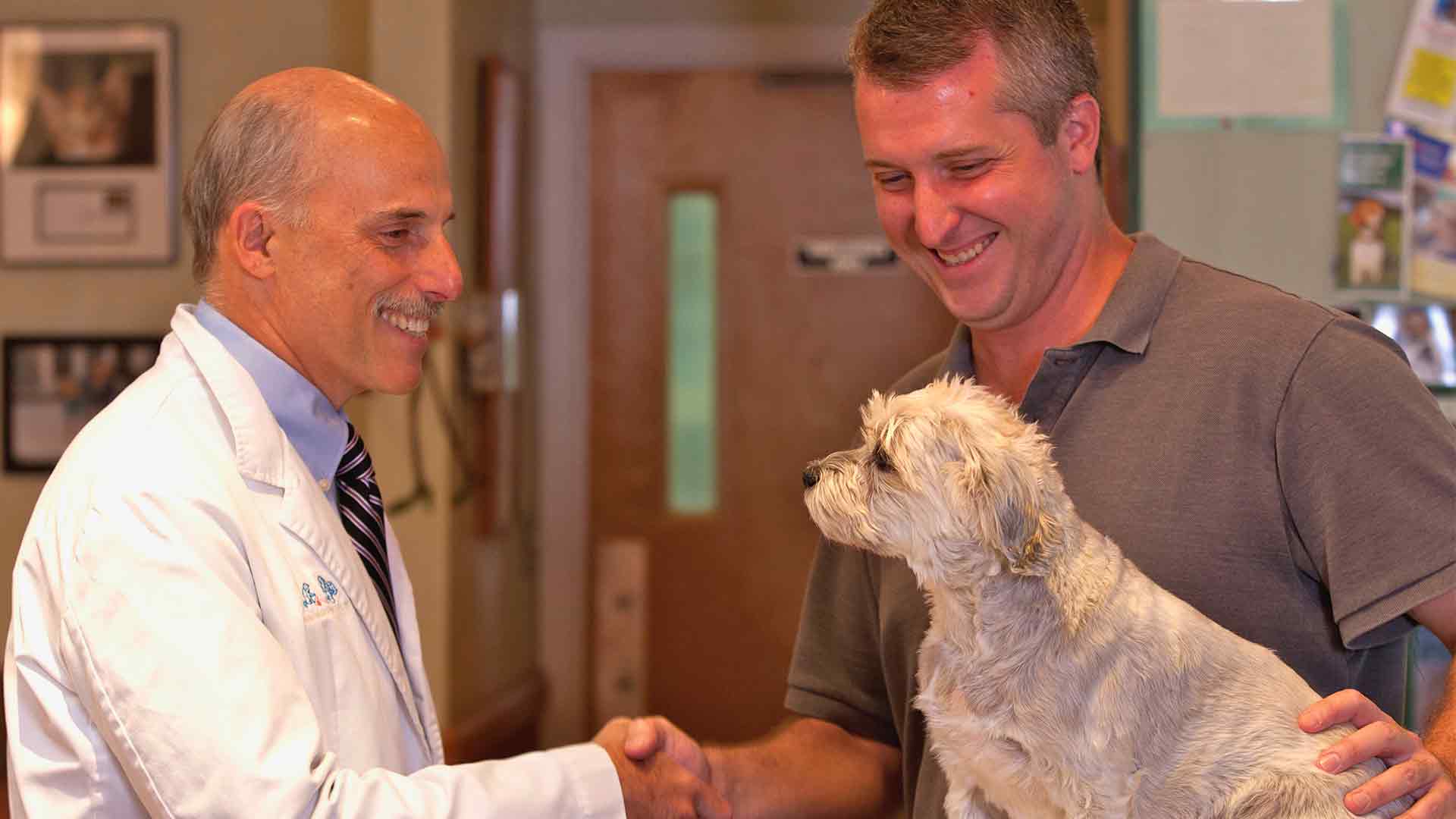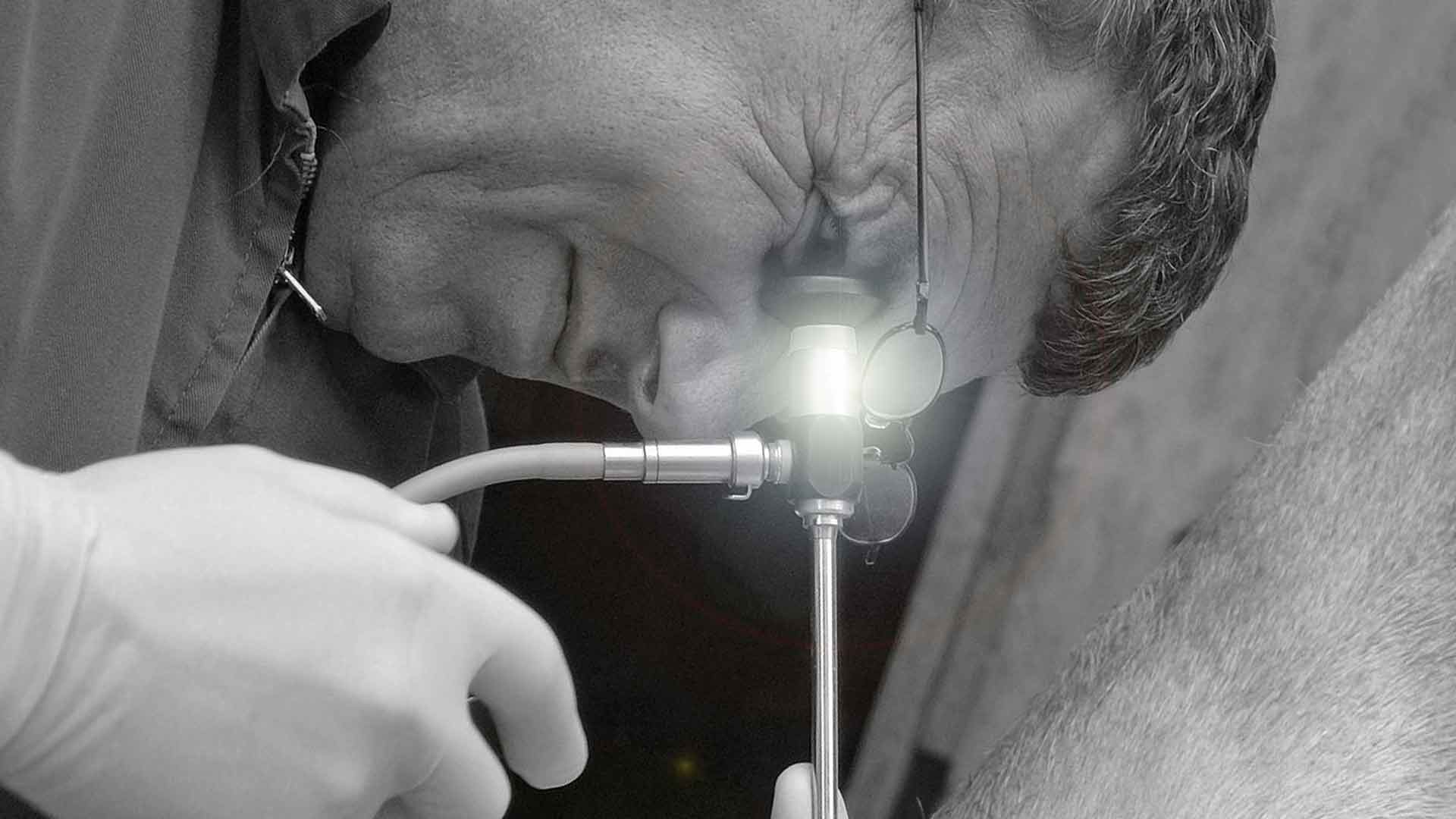
On September 3rd, 2019, the NY Times published an Op-ed piece by Alexandra Horowitz, a cognitive scientist who studies dogs. In the article, Horowitz argues that we have created a culture where we are desexing dogs and cats to conform to our way of living without paying enough attention to the health implications of our actions. The article is causing quite a stir amongst pet owners and veterinary professionals alike.
Free Phone Consultation!
Need to talk to you one of our veterinary professionals?
Animal Medical offers FREE 10 minute phone consultations and answers your pet health questions!
Does Spaying Or Neutering Pets Decrease Shelter Populations? Horowitz Argues No
All of us have heard the reasons why we’re supposed to spay or neuter our pet. The procedure is supposed to decrease the number of animals that end up in shelters; to lengthen the lives of animals; and to reduce the chances of behavioral issues. But in a Sept 3rd Op-ed piece, cognitive scientist, Alexandra Horowitz argues that spaying and neutering does none of this. She cites evidence that spaying and neutering has not impacted the number of pets in shelters; does not decrease the risk of disease; and that spaying or neutering does not have as big of an impact on pet behavior as we think.
The article has touched off a flurry of dialogue in the vet space and in the pet community because Horowitz’ argument is that we’re trying to neuter and spay our way out of responsible dog ownership and the stray pet problem in general. She says that instead of sterilizing dogs and cats, we should be keeping better tabs on our pets to ensure they don’t stray; training our pets better to ensure that they are well socialized; and ensuring that we can responsibly afford the cost of owning a pet.
Here to address this article and some of the points made in it is Dr. Howard Gittelman of Animal Medical of New City.
Are we relying too heavily on spay and neuter procedures to modify the behavior of pets?
Great interview with Dr. Howard Gittelman discussing the advantages and DISadvantage of spaying or neutering your dog or cat
Bash Halow: Do you agree with Dr. Horowitz? Has society leaned too heavily on desexing pets as a way to control the stray population and to turn them into more responsible members of our families and communities?
Dr. Howard Gittelman: Much of what Dr Horowitz discussed resonated with me and mirrors the conversations I have with pet owners visiting our practice with their new puppies or kittens. The major reason for pets to be re-homed is preventable behavioral problems. At Animal Medical, we emphasize the importance of early socialization and establishing a relationship with a pet trainer that teaches reward-based training. This is a lifelong commitment to continuing education for both the pet owner and the pet. Spaying and neutering may make the management of sexually driven or influenced behaviors easier, but it does not supplant the need for a well designed and implemented behavioral program. As pet health professionals we have a responsibility to educate owners that spay/neuter is not a solution to all pet behavior problems.
How much Information Is Available On The Topic of Neutering and Spaying Safety?
Bash Halow: Let’s break down the health care question: When talking about the health impact of spaying or neutering pets, do we have as much information on cats as we do on dogs?
Dr. Howard Gittelman: There are some studies with cats but not nearly as many as with dogs. I would have to research this question exhaustively to answer this honestly, but I’ve included some links to some important studies and articles on the topic:
- Mammary Cancer and the Unspayed Female Dog: The American College of Veterinary Surgeons
- Mammary Cancer and Dogs: The Merck Veterinary Manual
- Joint Disease in German Shepherds Linked To Early Neutering: The American Veterinary Medical Association
- Does Early Spaying or Neutering Cause Cancer?: The Scientific American
- Personality versus Behavior and Impact of Spaying or Neutering: Michelson Found Animals
Should I Get My Cat Spayed or Neutered?
Bash Halow: In general, what are the advantages and disadvantage of spaying or neutering a cat?
Dr. Howard Gittelman: Cats spayed after the first year of age have a 2x risk of developing breast cancer; this cancer is malignant 99% of the time in cats. Uterine infections and complications secondary to pregnancy are also preventable by spaying. Female cats displaying estral behavior can be quite loud and upsetting for pet owners. This cycle repeats every 21 days during the breeding season which owners find challenging to live with. Households with intact female cats will be visited by outdoor male cats attracted to the presence of a cycling intact female cat. Un-neutered male cats are more difficult to confine to the house and are more likely to spar over females in heat and spray urine on vertical services in the household. In general, they are harder to keep indoors which increases their risk of cat fights and spread of infectious disease.
Is It Dangerous To Get My Dog Spayed or Neutered?
Bash Halow: What are the advantage and disadvantage of spaying or neutering a dog?
Howard Gittelman: Spayed female dogs have a decreased risk of breast cancer, of life threatening uterine infections, and the risk of unwanted pregnancies is eliminated. Spayed female dogs are more likely to become overweight due to a reduction in their metabolic rate, develop uterine incontinence (especially large breed dogs), and in certain breeds, have a higher risk of orthopedic injuries, cancer at an early age, and a shorter overall longevity.
Neutered male dogs have a decreased risk of prostatic infections, benign prostatic enlargement, perineal hernias, perianal tumors and traumatic injuries associated with roaming. Neutered male dogs do, however, have an increased risk of developing prostate cancer, becoming obese, and the orthopedic injuries that follow.
Does Neutering My Dog Give Him Joint Disease?
Bash Halow: The NY Times article cites a 2014 UC Davis study by Dr. Benjamin Hart that reported that neutering Golden Retrievers before 6 months of age increased the risk that the pet would have joint disease later in life. Your thoughts and how do the neutering practices at Animal Medical address these concerns?
Howard Gittleman: These studies are a first step in identifying risk factors, but are not, however, findings to confirm or refute a causal basis. In other words, if one postpones desexing a Golden Retriever until after 6 months of age, there is no guarantee the the dog will have healthy joints for the rest of his life. Neutering is merely one risk factor that contributes to a problem that has a complex basis for occurrence. Still, I recommend that owners of large breed dogs wait until their dog is 18 months of age before they have him neutered to allow the dog’s growth plates to full develop and to allow the pet to achieve his natural size and conformation. Large breed dogs desexed prior to 1 year of age also have an increased risk of hormone responsive incontinence. In many cases if female dogs have a juvenile vulvar confirmation that’s not allowed to develop because she the dog is spayed too early, the dog may become predisposed to recurrent urinary tract infections and perivulvar skin infections.
Will My Pet Get Cancer If I Get Her Spayed?
Bash Halow: The same researcher said there was a link between spaying and neutering larger breeds like Boxers, Bernese Mountain dogs, and Retrievers and certain cancers. Same question: your thoughts on this research and how is Animal Medical responding?
Dr. Howard Gittelman: Each breed has their own risk factors for different problems that are unique to the breed and his or her gender. That said, we generally recommend postponing desexing large breed dogs until they are 18 months of age or older. Unfortunately we do not have enough information to make the recommendation with certainty across all types of dogs, but that’s the benefit of coming to a practice like ours. We take time to find out about your dog or cat as an individual and about your needs as a pet owner, then we’ll have an open, honest conversation and decide what’s best together.
Are There Alternatives To Spaying or Neutering My Pet?
Bash Halow: The article talks about alternatives to spaying an neutering like chemical sterilization, vasectomies for dogs and ‘tying the tubes’ of female dogs. Your thoughts? Is that something that Animal Medical can do?
Howard Gittelman: I am not a proponent of chemical sterilization for male dogs because I am concerned that the post injection inflammatory reaction it creates results in pain for an unpredictable duration of time. Alternatively, surgery to remove the testicles has a predictable short recovery process and we are able to manage pain very well throughout the procedure and recovery process.
We are able to perform tubal ligations in female and vasectomies in male dogs, but we want to make sure owners are aware of the pros and cons associated with these choices. Female dogs will still come into heat, attract male dogs to their doorstep or backyard, and display all of the signs of being in heat including bleeding. They will also stand and wait to be bred. Male dogs will still be attracted to females, try to breed, and exhibit urine marking behavior.
If I Neuter My Dog, Will He Be Less Aggressive?
Bash Halow:Does spaying and neutering have a positive impact on the adult behavior of dogs and cats?
Dr. Howard Gittelman: Spaying and neutering dogs and cats make them more adaptable to living a lifestyle we are accustomed to. In the end, most pet owners agree that living with an intact, cycling pet requires more work. What they may not understand is that intact pets come with a set of behaviors related to reproduction (aggression, marking, roaming, etc.) that may be so bothersome over time that the pet owner may choose to surrender the pet to a rescue organization. For this reason, I do not recommend that pet owners abandon our current approach to sterilization. Still, I think we should temper our traditional recommendations with information that we’ve garnered over the past few years and provide owners with the information they need so we can make the best choices for both the pet and the pet’s human family.
What Do Veterinarians Think of Alexandra Horowitz’ NY Times Op-ed?
Bash Halow: Final thoughts on the piece?
Howard Gittelman: I can’t speak for all veterinarians. I know that you posted it on your Facebook page and many veterinarians had strong opinions. As I say in the video, I’m pleased that Ms. Horowitz’ has raised her concerns as intelligently as she has. Our knowledge as a profession is stimulated with this kind of outside perspective and thought.
I don’t want to have a veterinary practice that’s regurgitating medicine that I learned 10-20 years ago. We are who we are at Animal Medical of New City because we regularly update our education. We are both teachers in this profession as well as students. Our vets are highly intelligent and very experienced, but always learning. It keeps us fresh, interested, and expert at what we do.
If pet owners have an intact juvenile or adult dog, come to us for a consultation. We’ll give you the knowledge and services you need to raise a well-adjusted, healthy living companion.







